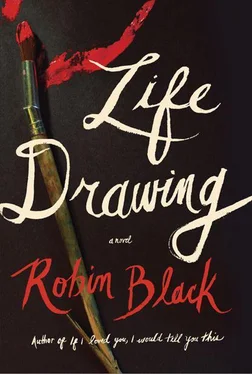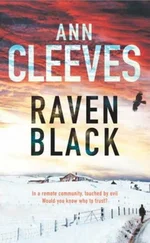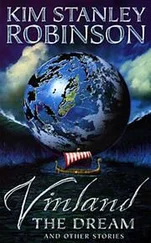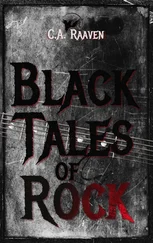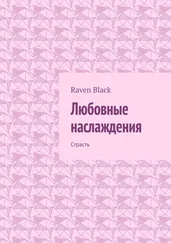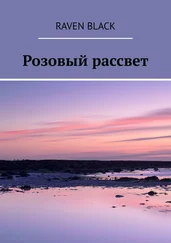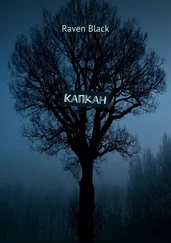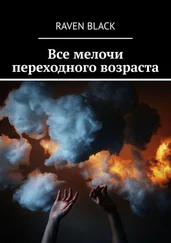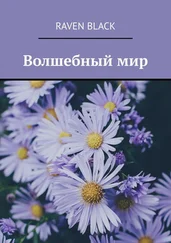But then, after exactly a week, he announced he was going back out to the barn again —I can’t really just quit —and before another week was up, we were right back where we had been.
“Isuppose I should be grateful for the days we had,” I said, sitting on the floor of Alison’s studio, surrounded by her paintings, those botanicals so outsized, each detail so vast, that I felt miniaturized among them all. The old, uneven pine floor, filthy and ridged, had produced a splinter in my palm that I picked at as I spoke. “I feel terrible for him. I know how this can just rip you up.”
“I wish I had some helpful experience.” She was standing behind her easel and I could only see her legs, tanned and muscular, her feet, bare, her toenails painted the same coral perpetually on her lips. “What do people do?”
I shrugged. “They suffer. They make bargains with gods in whom they don’t believe. They wait it out.”
“Maybe I should be glad I’m just a hobbyist.”
“If it makes you feel better to keep calling yourself that …” I looked at a painting I particularly liked, a four-foot-high watercolor of a broken piece of marsh grass. “Your work is good, you know. But if that’s going to make you all self-conscious, I take it back.”
“Thank you.”
“Alison, how do you not have splinters all the time?”
“What? Oh, I don’t know. My feet are probably too calloused. All those ballet classes I was forced to take.” Then, after a moment, she said, “You seem better, Gus. About that other thing, I mean. I hope you don’t mind my saying. I’m guessing the time with Owen helped.”
That other thing.
Was I better?
For all that I’d loved that week with Owen, for all that it might have minimized any lingering emotions about Bill, I still hadn’t been able to bring myself to answer Laine’s email. Every time I tried, I reached the point at which I either would or wouldn’t acknowledge Bill’s marriage and balked at completing the task — as though my doing so would be giving it a closure I couldn’t bring myself to give. That news had reopened a landscape of memories from which I could not easily look away. A place unlike any real place on earth, where fertile hills abutted jagged glaciers, and deathly crevasses invited icy falls from sumptuous, sunny lawns. A place of beauty and danger that I pined for and despised and couldn’t bring myself to push back out of view.
“Yes,” I told Alison. “I am doing better. Thank you. It was a bad day or two, but in the end,” I said, “that was a different life. Years and years ago. I’m really okay with it now.”
I took her silence, just the few too many seconds before she said she was glad, to mean that she’d guessed I was only saying what I wanted to be true.
When Owen had gone back to work, so had I. But while he had just walked straight into the old familiar misery, I was excitedly engaged with the process of using my sketches to block out some canvases. After visiting Alison, I turned to one I liked especially of an individual boy — Oliver Farley, dead at seventeen, in a hospital in France — sitting on our front step, elbows on knees, chin in hands. Just waiting. The image of a waiting boy. That’s what I wanted to convey, once I fully painted him in. All the time in the world. This was the theme that kept coming up for me, the strand I hadn’t quite grasped right away. It wasn’t that the boys were all engaged in childlike activities or in the adult ones they had missed by being blown from their own lives so young. It was that they moved in these rooms of ours, occupied this space, as though they had all the time in the world. Let’s play a leisurely game of chess. Let’s linger over a breakfast cooked under the lolling gaze of a friend whose feet are up on the table. Maybe I’ll just sit here and do nothing much .
Time. And calm.
As I painted, not just that day, but throughout that whole period, I thought a lot about the atmosphere of my own childhood home. My mother, of course, had been the lost soul, the dead woman walled off, immured behind my father’s edict that she not be brought up. Brought out. Into the light. I don’t know if he thought of that as smoothing something over, the least unsettling course, but what I realized as I craved calm for these boys was how much hysteria lay behind my father’s extreme approach.
That night, as Owen unloaded the dishwasher, I readied the next load. Always looking for topics to fill the void, I told him about Alison’s strangely impervious feet, and he said, “Good to know. I’ll add it to the list.”
“What list?”
He reached up to shelve a stack of plates. “You really don’t know that you come home every day with little factoids about her?”
I shut the faucet off.
“It’s called getting to know someone, Owen, and I recognize we’re a bit out of practice, but it really isn’t so very strange. Is it?”
“No,” he said. “I guess it’s not. I was just teasing you, Gus. Trying to make some sort of joke.”
“Well, it was hilarious,” I said. “Everything’s rinsed clean, here. Mind if I go do a bit of work?”
“Not at all,” he said, as I left the room. “I’m glad one of us can.”
There was no mistaking the envy, nor the unfair resentment directed my way. I almost turned around to ask if it would help somehow if I gave up, sat shivah with him for both our creative lives. But I pushed down my anger, rehearsing for myself again, again, what misery he must be feeling, how awful that sensation of emptiness; and I went to work.

Usually, when there was a problem with my father, the home would call Jan — a doctor after all, a family doctor who had treated her share of elderly patients. And there really hadn’t been many emergencies. He wasn’t one of the aspiring escapees and his dementia had never included a violent side. But every once in a while he would spike an odd fever, a simple cold blossoming into pneumonia then treated with the sort of medical zeal one might think reserved for a man whose continued existence is undeniably a gift to him. Any ambiguity about the quality of my father’s life was banished with every technical skill available, by all professional valor. And so the drugs and tents and fluids were brought in until the fever was conquered, the lungs cleared, the battle won; the war still raging on in his brain.
There had also been a different sort of incident at the end of that spring, when he had fallen into days of inconsolable tears, a river with no source, no destination point. Flood, flood, flood, unholy, torrential flood. During that time — four full days, as many nights — Jan and I took turns sitting by his side consoling him, or not consoling him at all but trying to. And I had tried too to console the young nurse, Lydia, who believed she had somehow caused this deluge — impossible to imagine from so dried up an old man. She had asked him about his life, she said. About his wife. He had split open in response, become a lake.
“It could have happened to anyone,” I told her. “It probably didn’t matter what you said.”
She couldn’t have been much more than twenty. I watched the argument taking place in her expression, the desire to be freed of blame pushing against the conviction, the hope, that her words should have meaning.
“It’s not your fault,” I said. “It’s none of our fault.”
In the third week of August, Jan was up in Nova Scotia with Letty for their annual vacation up north, so the first report of a violent outburst came to me, an early morning call — from a nurse I’d never met whose knowing voice, gravelly, deep, seemed somehow at odds with her optimistic statement that this might well just be a one-time event.
Читать дальше
